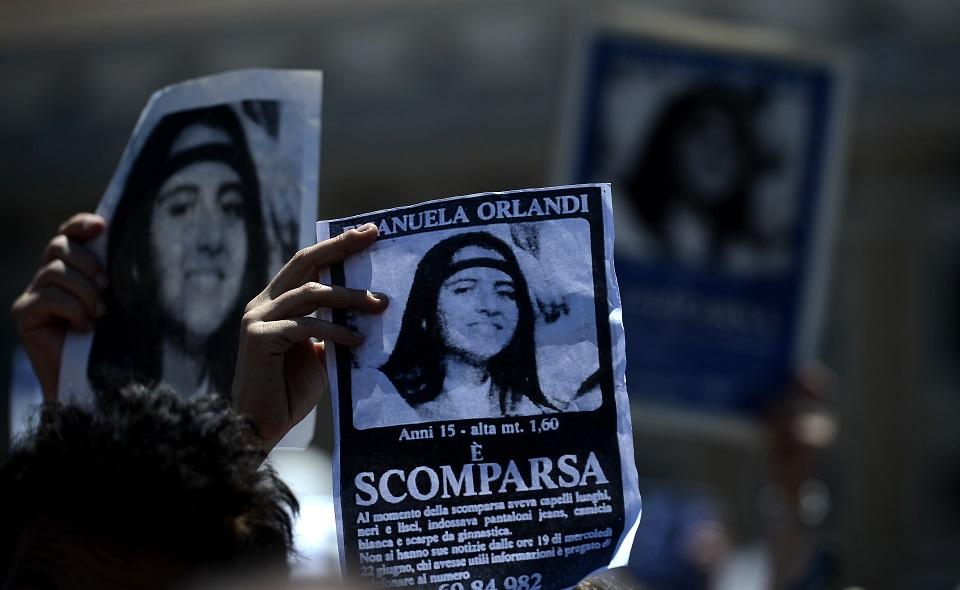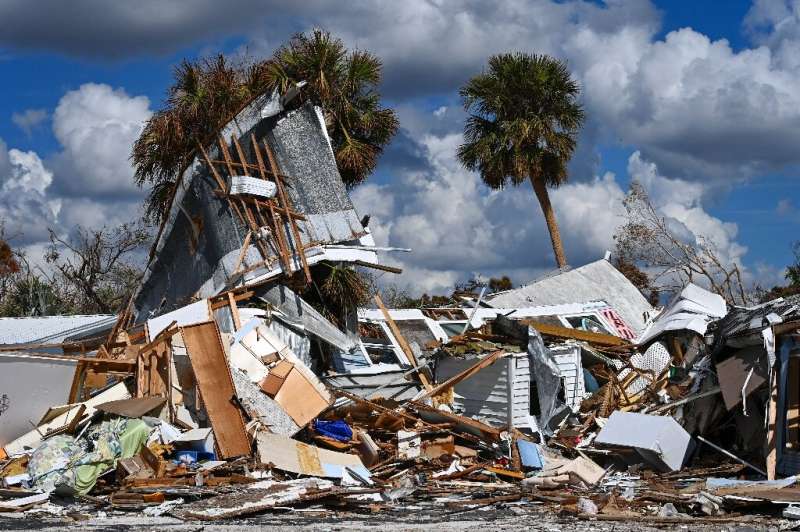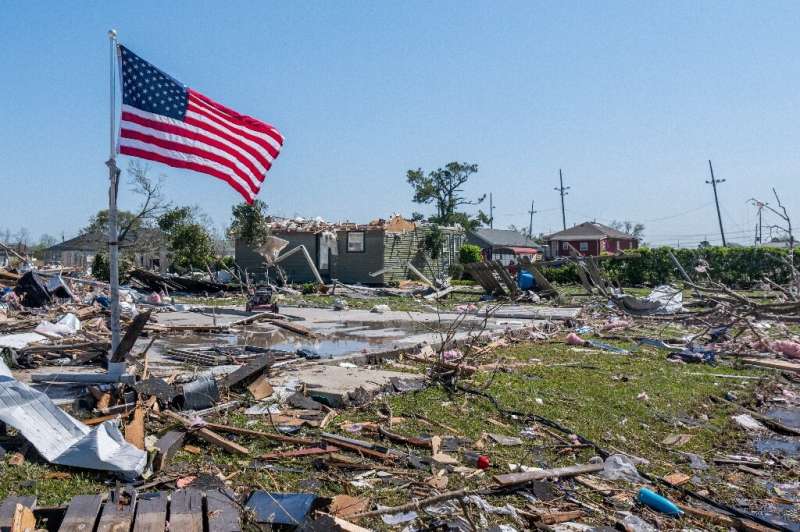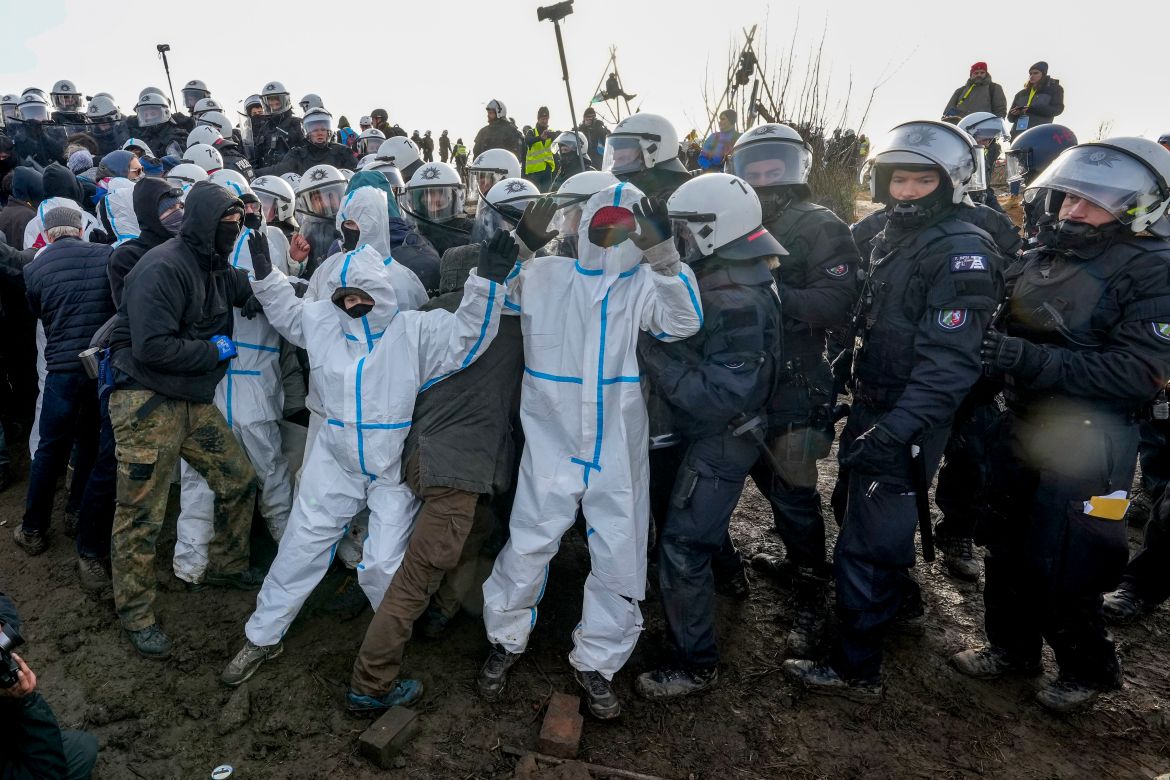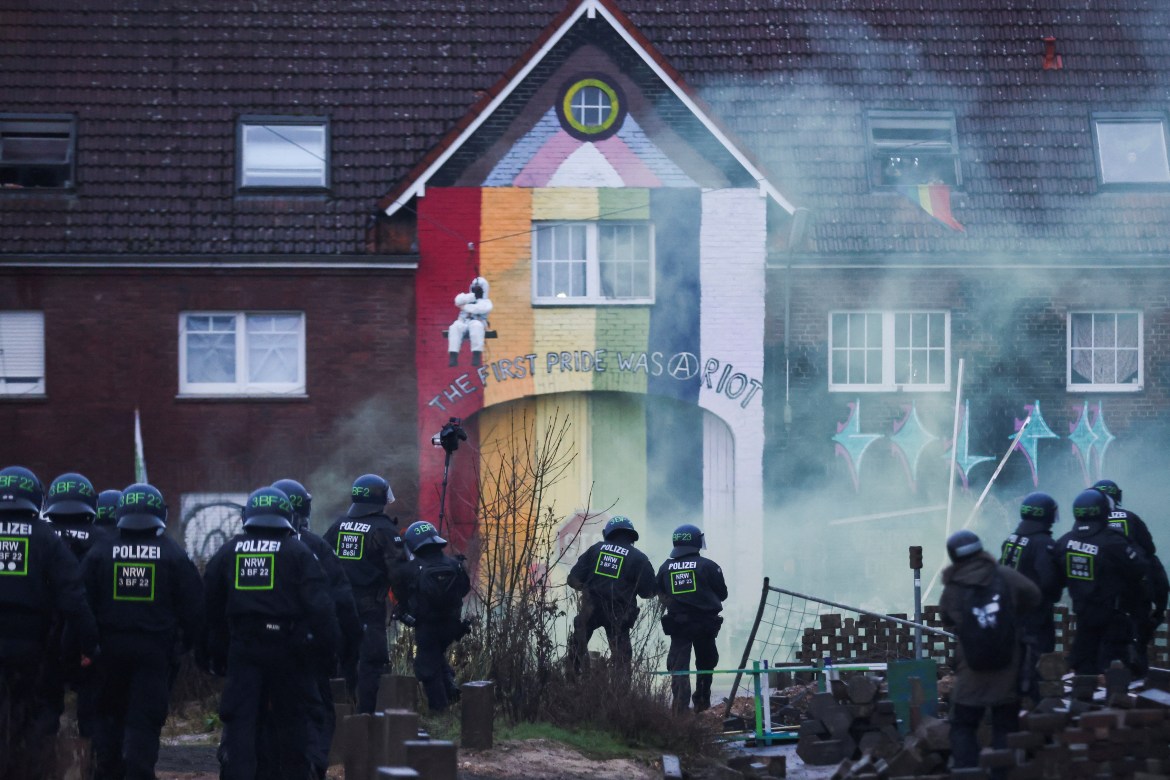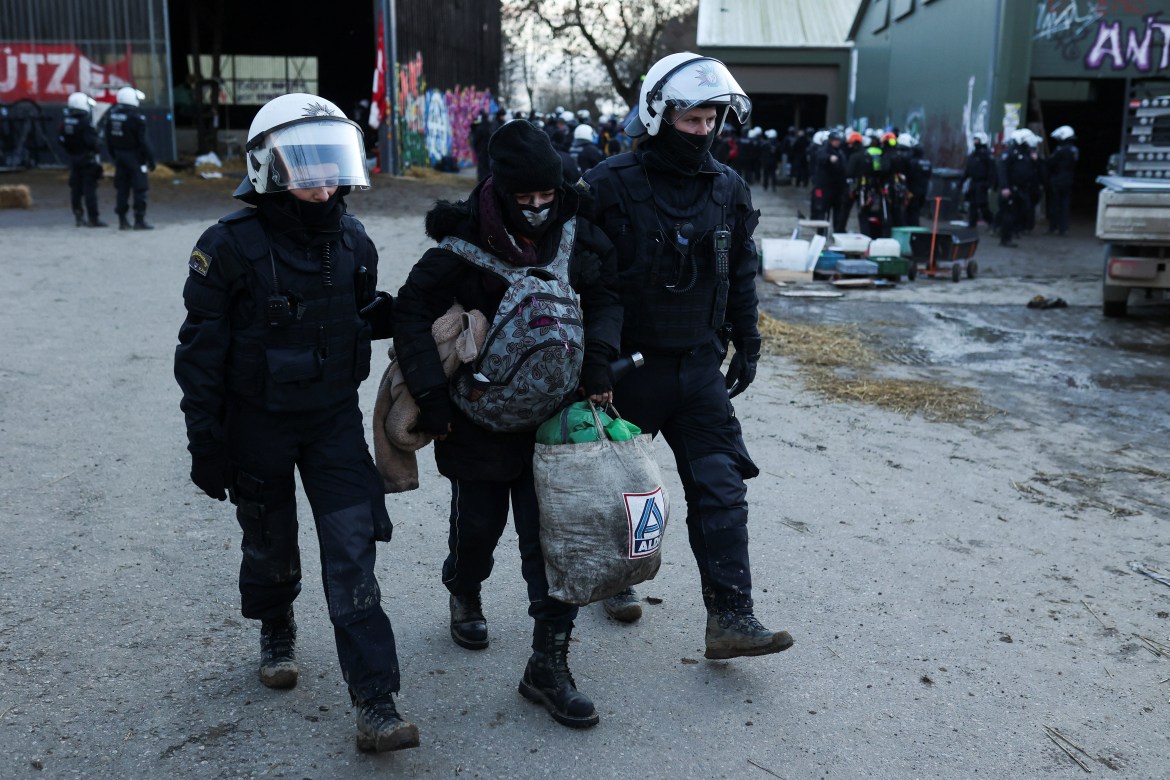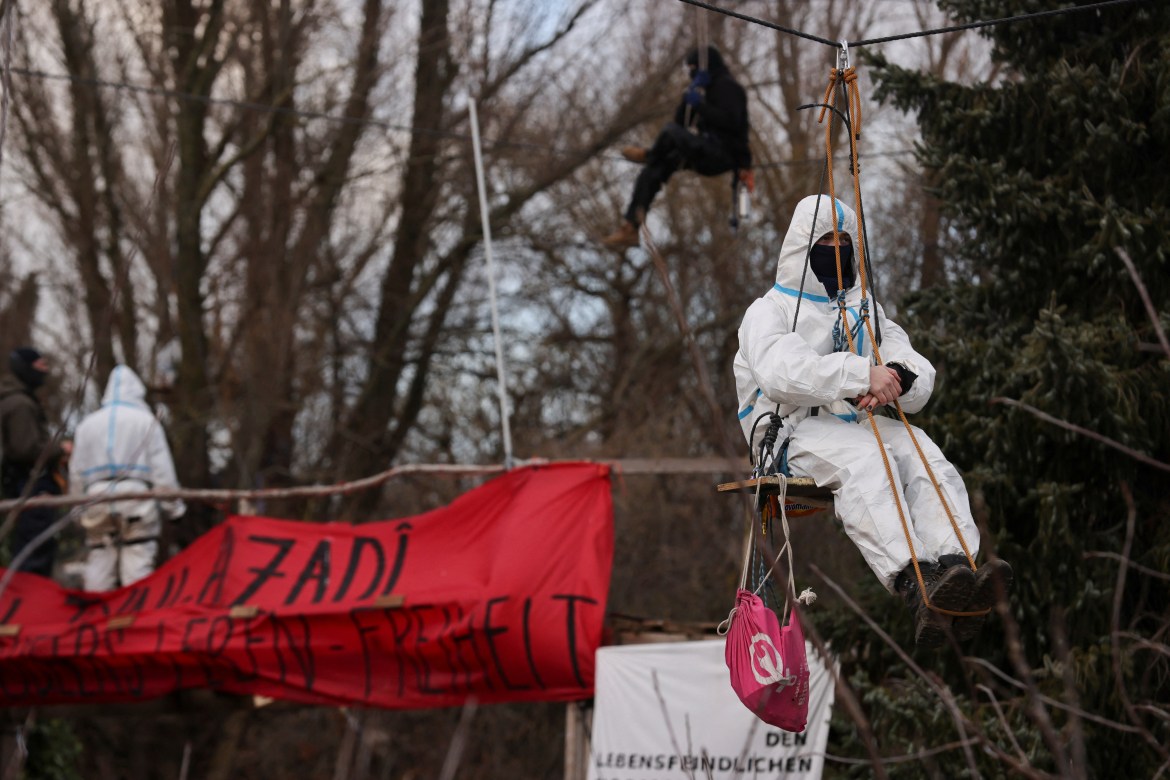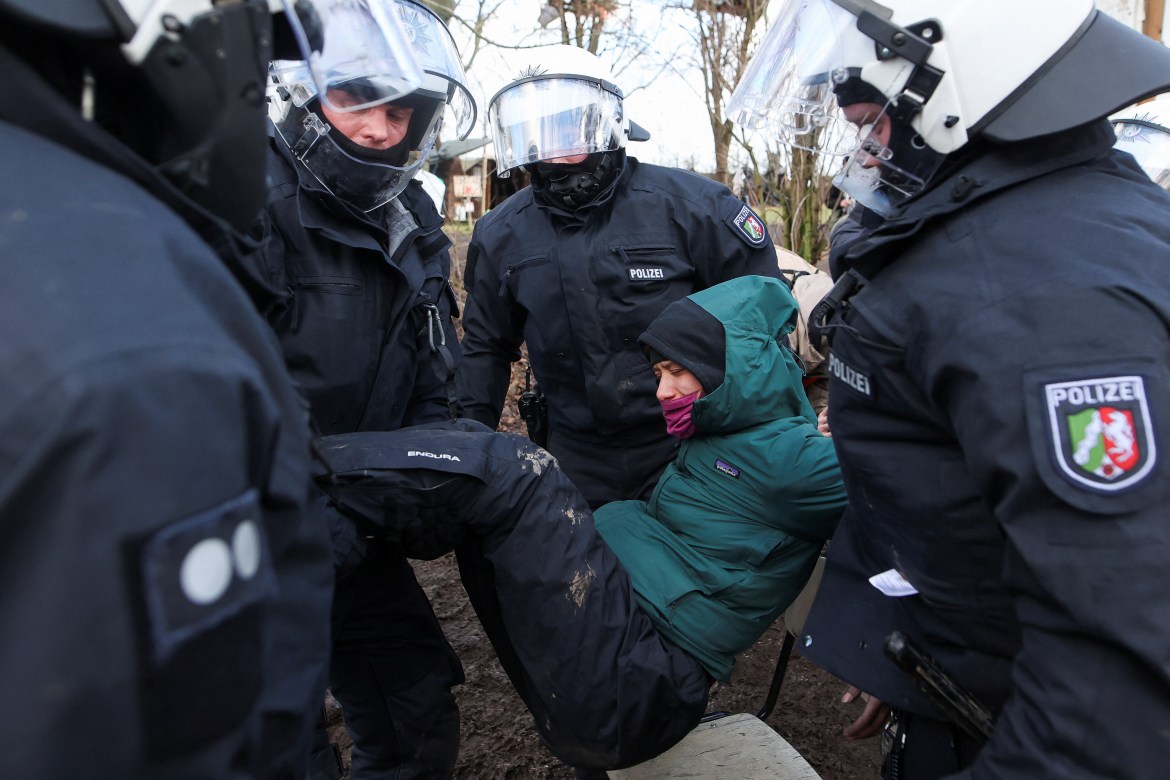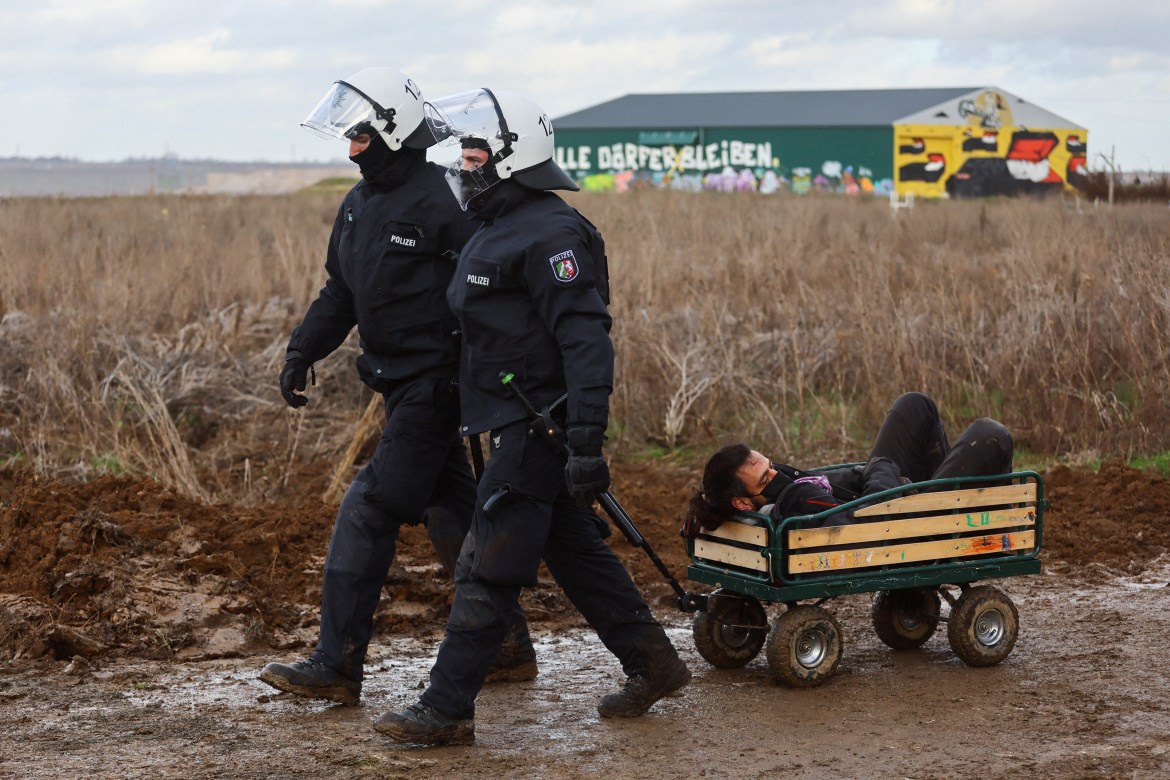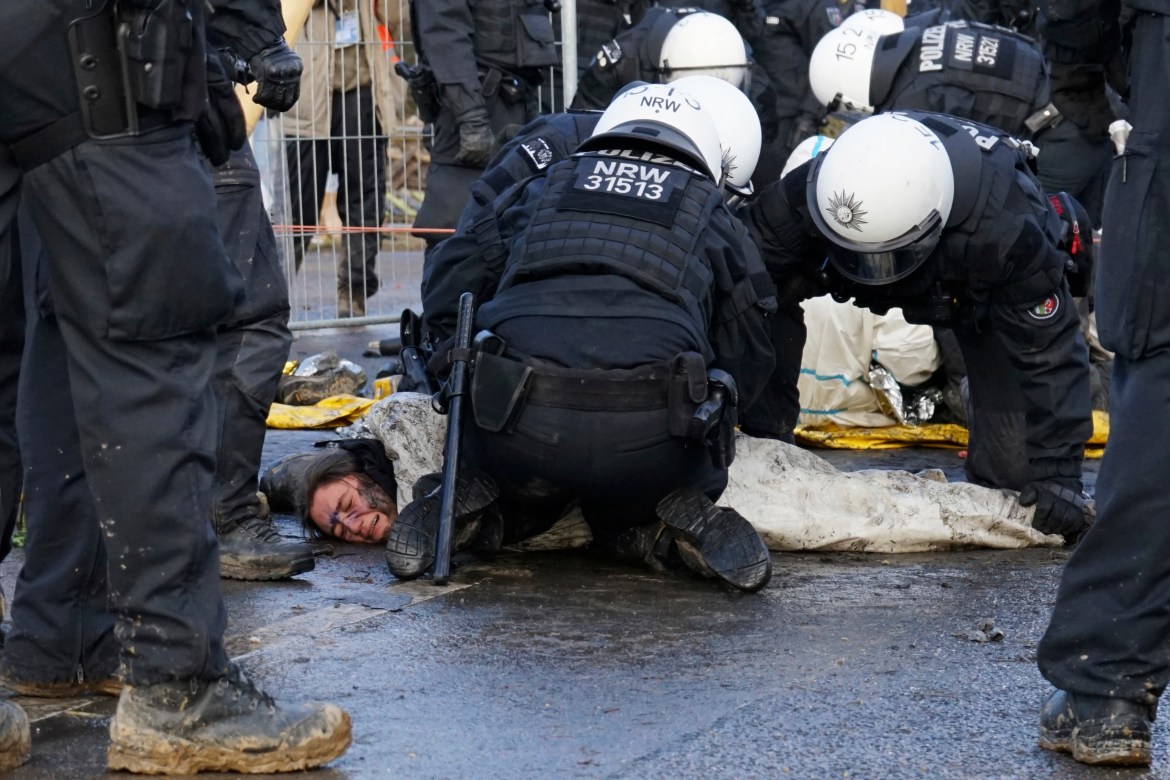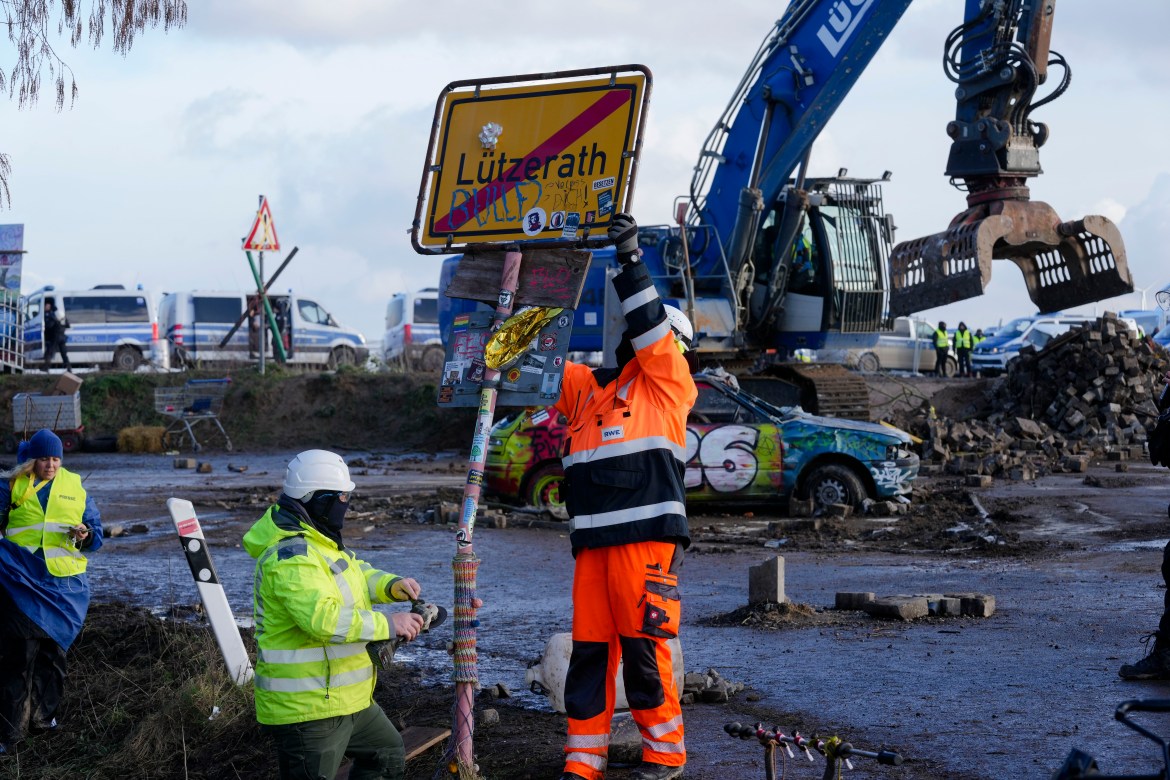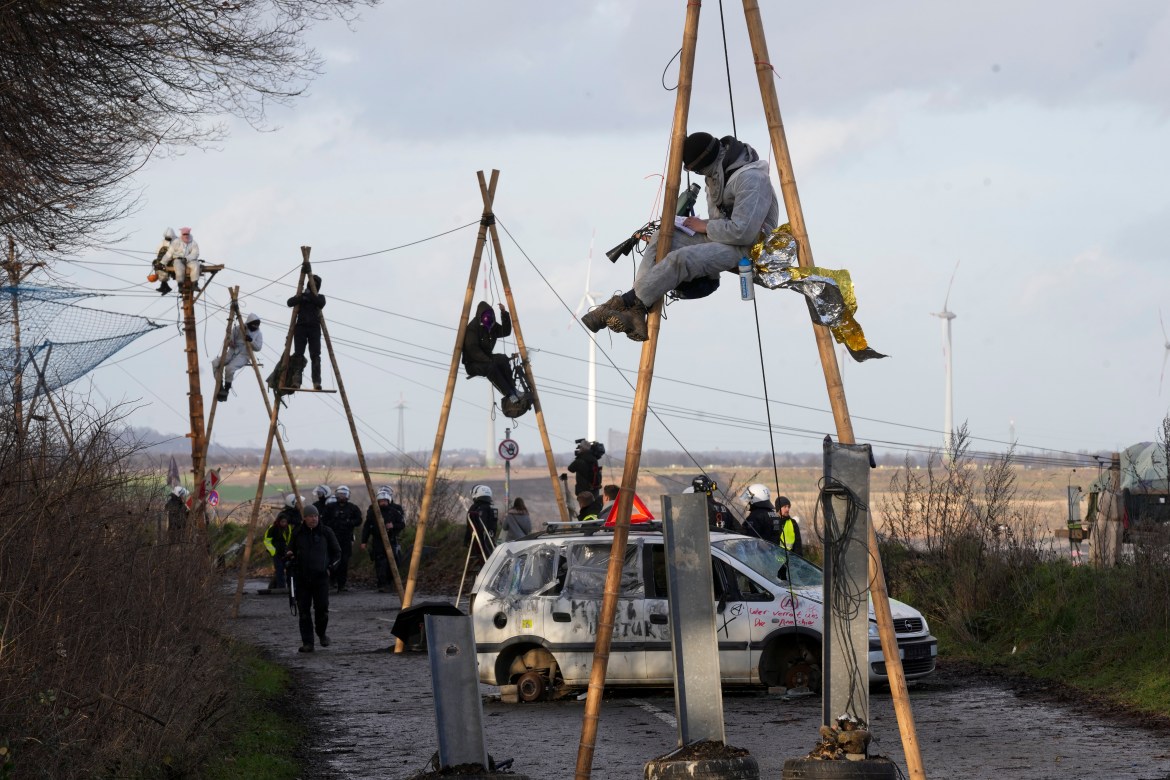Issued on: 12/01/2023
Istanbul (AFP) – Turkey on Thursday summoned Sweden's ambassador to lodge an angry protest over a video posted by a Kurdish group in Stockholm that depicted President Recep Tayyip Erdogan swinging by his legs from a rope.
A tweet by the Rojava Committee of Sweden on Wednesday compared Erdogan to Italy's Fascist dictator Benito Mussolini, who was hung upside down after his execution in the closing days of World War II.
"History shows how dictators end up," the group wrote above a video showing pictures of Mussolini's 1945 execution and then a dummy painted to look like Erdogan swinging on a rope.
"It is time for Erdogan to resign. Take this chance and quit so that you don't end up hanging upside down on (Istanbul's) Taksim Square."
The Rojava Committee tweet came as NATO member Turkey piles pressure on Sweden and Finland to clamp down on Kurdish groups it views as "terrorists".
The Nordic neighbours still need Turkey to approve their NATO membership bids, which came in response to Russia's invasion of Ukraine.
Sweden, with its larger Kurdish diaspora, has particularly angered Turkey.
Ankara has dug in its heels during protracted negotiations that hinge on the extent to which Sweden is ready to meet Turkey's demand to extradite Kurdish suspects and prosecute groups such as the Rojava Committee.
It lashed out furiously Thursday at both the Rojava Committee and what it deemed as Stockholm's soft response to the tweet.
'Open debate'
Erdogan's chief spokesman said Turkey condemned the Kurdish group's tweet "in the strongest possible terms.
"We urge the Swedish authorities to take necessary steps against terrorist groups without further delay," spokesman Fahrettin Altun tweeted.
His message came in direct response to a tweeted statement from Sweden's Foreign Minister Tobias Billstrom condemning the video.
Stockholm supports "an open debate about politics" but "distances itself from threats and hatred against political representatives", Billstrom wrote.
"Portraying a popularly elected president as being executed outside city hall is abhorrent," the Swedish diplomat wrote.
Billstrom's response did little to appease Ankara.
The Turkish foreign ministry summoned the Swedish ambassador for a dressing down, accusing Stockholm of going back on its past pledges and demanding that "the perpetrators of this action are found".
The angry exchange over a tweet came less than a month after Billstrom paid a cordial visit to Ankara in an effort to get the NATO membership bid over the line.
The Swedish government has since signalled that it has reached the limit of what it can do to meet Ankara's demands, particularly concerning the extradition of suspects.
Turkey has been battling a decades-long insurgency against the outlawed Kurdistan Workers' Party (PKK), which has claimed tens of thousands of lives.
But it has also used its fight against the PKK to justify prosecuting Kurdish politicians and support groups.
Turkey's top court is now weighing whether to ban the country's main Kurdish-backed party ahead of elections expected before June.
© 2023 AFP
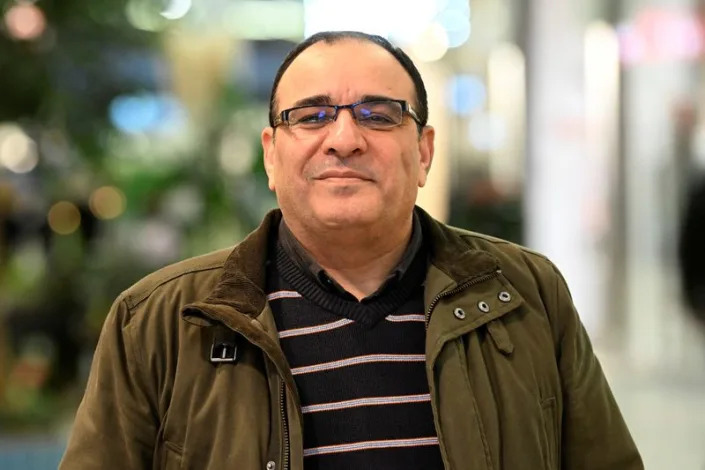
Swedish Supreme court stops extradition of Turkish man accused of coup attempt
Thu, January 12, 2023 at 10:46 AM MST·1 min read
STOCKHOLM (Reuters) - The Swedish government will not extradite four people sought by Turkey, which says they are connected to a U.S.-based cleric it accuses of being behind a coup attempt in 2016, news agency TT reported on Thursday, without citing sources.
The extradition requests were made in 2019 and 2020, before Sweden and Finland signed a three-way agreement with Turkey aimed at overcoming Ankara's objections to the two Nordic countries joining the NATO military alliance.
Sweden's High Court decided last summer the four could not be extradited, TT said, leaving the government no choice but to follow its decision.
Sweden's Foreign Ministry could not comment immediately on the report.
Turkey called a separate decision by the High Court in December to block the extradition of Turkish journalist Bulent Kenes a "very negative" development.
Turkish President Tayyip Erdogan had singled out Kenes as a person Ankara wanted extradited from Sweden as a condition for Ankara's approval for Stockholm to join NATO.
Finland and Sweden both asked to join NATO in May 2022 in the wake of Russia's invasion of Ukraine, but their bids require the approval of all 30 NATO member states, including Turkey.
(Reporting by Simon Johnson; Editing by Mark Potted)





